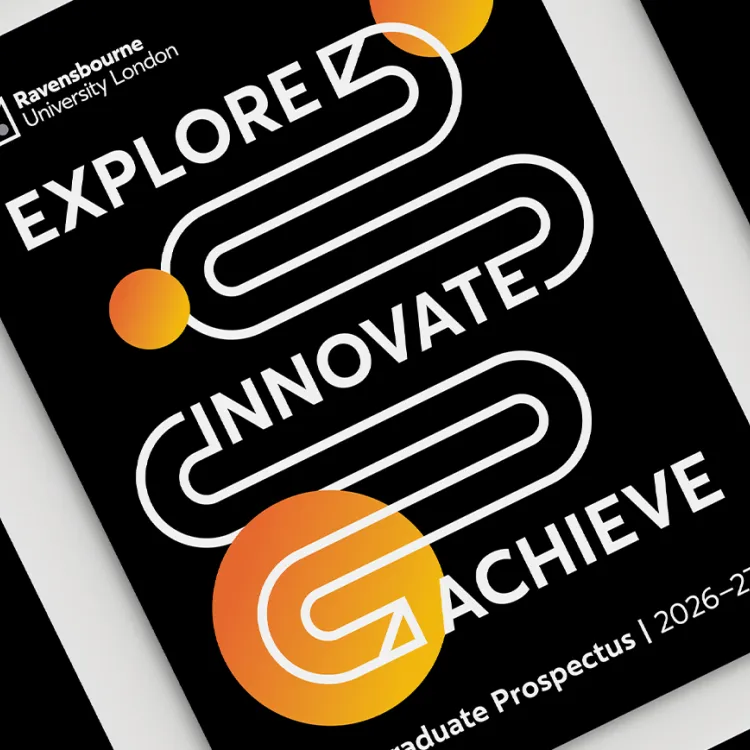Sustainable Narratives and Technologies in Tourism
Currently reading: Overview
Overview
What will tourism look like in the 2030s? Tourism destination development will take sustainability as a given. Social media and emerging technologies will be integrated in the stories of co-created visitor experience. Are you working in these converging areas?
Project description
Sustainability in tourism development
Sustainability in the tourism industry, and on university courses preparing hospitality and tourism professionals, has become the key consideration in tourism development.
Dr Daba's book on this topic brings together a group of tourism management researchers and academics to give their sense of the industry's direction as we head towards the 2030s.
Storytelling and narrative practices
Alongside sustainability, the practices of storytelling, with its theoretical basis in narrative discourse, have begun to provide city councils and regional tourism managers with new tools for communicating sensitively with visitors.
This book provides methods and case studies where these narrative practices have been successful and critically examines how progress can be made in this field.
Aims of the project
Overview
The book proposes that the practice of tourism development is a process that can be applied by researchers and industry professionals to destinations that have value to them. The inquiry process elicits, stores, and communicates that value, and at the same time provides a discovery instrument to interrogate the place further.
Methodologies and Approaches
This inquiry presents methodologies that researchers can learn and apply to their own projects in both academic settings and commercial environments.
Case studies from research, teaching, and development projects by the authors are examined, and their impacts are refracted through further work.
The book also reports on the research findings from destination development as examples of effectiveness.
In some cases, these findings are synthesised in narrative discourse to make a contribution to new knowledge in a form more accessible outside academic writing.
Application for Readers
On the whole, the chapters and case studies are presented in such a way that readers can take the work as a model for their own research projects and writing.
This includes both research students and destination managers but also lecturers setting work for and assessing undergraduate groups.
Connection to Research Theory
To support this, a very thorough connection is made with current research theory from the disciplines that make up tourism and heritage knowledge.
References to academic articles are made throughout the text, and a complete list of references is made available at the end of each chapter to make the chapters standalone for modular teaching.
